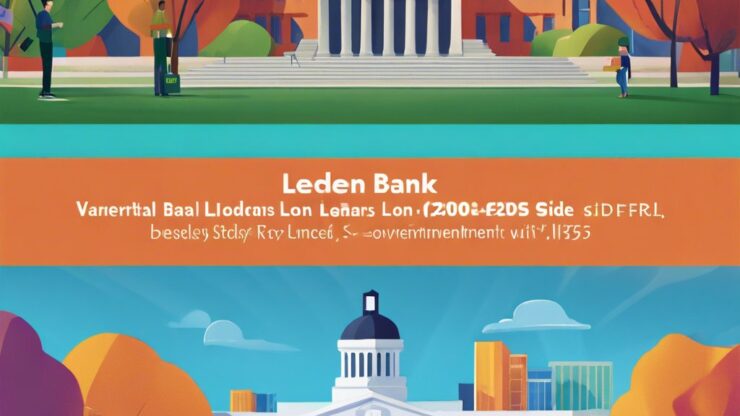The Growing Concern of Student Loan Debt
As college tuition continues to rise, student loan debt has become a significant burden for millions of graduates. With the average student graduating with over $30,000 in debt, it’s crucial to understand the options available when it comes to financing education. This article will delve into the differences between federal and private student loans, helping you make informed decisions that can alleviate financial stress.
Deciphering Federal Student Loans
Federal student loans are funded by the government and come with a set of standardized terms and conditions that can be beneficial for borrowers. Understanding these loans can empower students to take advantage of various repayment options and forgiveness programs that may not be available with private loans.
- Types of Federal Loans: Direct Subsidized Loans, Direct Unsubsidized Loans, Direct PLUS Loans
- Fixed Interest Rates: Interest rates for federal loans are fixed, meaning they will not change over time.
- Repayment Options: Federal loans offer several repayment plans, including income-driven repayment options.
- Loan Forgiveness Programs: Certain federal loans are eligible for forgiveness after meeting specific criteria, such as public service employment.
The Reality of Private Student Loans
Private student loans, offered by banks and financial institutions, can provide additional funding when federal loans fall short. However, they often come with less favorable terms. Understanding the nature of private loans is essential for students considering this option.
- Variable Interest Rates: Many private loans have variable rates, which can lead to increased payments over time.
- Credit-Based Approval: Approval for private loans often depends on creditworthiness, making them less accessible for some students.
- Limited Repayment Flexibility: Private loans usually lack the variety of repayment options offered by federal loans.
- No Forgiveness Options: Unlike federal loans, private loans typically do not offer forgiveness programs.
In conclusion, while both federal and private student loans have their own pros and cons, understanding these differences is key to managing your student debt effectively. By evaluating your financial situation and researching your options, you can make decisions that align with your long-term goals.
Disclaimer
This article has been created or edited with the support of artificial intelligence and is for informational purposes only. The information provided should not be considered investment advice. Please seek the support of a professional advisor before making any investment decisions.






